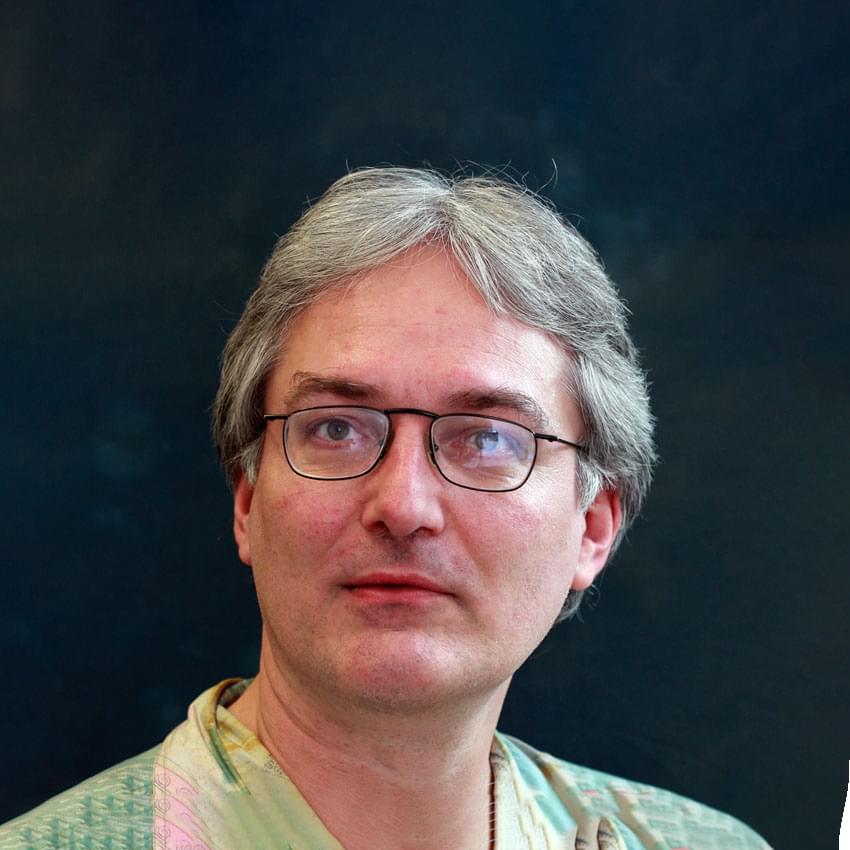Dr. Thomas Wennekers
Thomas Wennekers, Ph.D. is Reader in Computational Neuroscience, Centre for Theoretical and Computational Neuroscience, University of Plymouth, UK.
He previously worked as a research fellow at the Max Planck Institute for Mathematics in the Sciences in Leipzig (MPIMIS), Germany, where he had responsibilities for the Neural Networks and Cognitive Systems group. During this time he investigated dynamic receptive fields in primary visual cortex using mathematical tools and developed a general approximation method for localized solutions in neural field models. The method was successfully applied to various phenomena in cortical simple cells (e.g., receptive field sharpening or contrast invariance).
Together with Dr. Nihat Ay (MPIMIS) he also put forward the framework of “spatio-temporal stochastic interaction” as a conceptual approach towards the self-organization of cortical structures based on information theory. Extending the well-known “information-maximization principle” (Infomax), this framework still is the only neural information-theoretic approach that truly considers recurrent systems and spatio-temporal activation patterns. It has numerous implications for cortical systems, including spike-timing dependent plasticity or globally almost deterministic activity although single neurons fire highly irregular.
In close contact with experimenters, Thomas currently works on large-scale models of the cortex aiming at the self-organization of maps and higher level functional processes in the layered mammalian cortex. He also develops further his previous theories about operational cell assemblies, which he investigates in system-level computer models of multiple cortical areas that target on perceptual, behavioral, and language processes. Beside providing a better understanding of cortical processes, these works also feed into the VLSI-design for bioinspired future computing architectures done in collaboration with other institutes in the UK and abroad.
General Research Interests
- Computational neuroscience
- Gamma-oscillations and spike synchronization
- Dynamics of spatio-temporal receptive fields
- Spatio-temporal spike patterns, synfire chains
- Mathematical neuroscience
- Biophysical, dynamical, and computational properties of spiking neuron models
- Neural field equations
- Dimension reduction in neural networks
- Brain theory
- Hebbian cell assemblies and associative memories
- Concept and similarity structure in cortical representations
- General principles of high level information processing
Special projects/areas
- Stochastic Interaction and Complexity in Neural Systems
- Neural Field Models of Cortical Receptive Fields
- Neural Assemblies and Associative Structures
- General Neural Dynamics
Thomas coauthored On the Relation Between Neural Modelling and Experimental Neuroscience, Cell assemblies, associative memory and temporal structure in brain signals, Models of distributed associative memory networks in the brain, Associative memory in networks of spiking neurons, Iterative retrieval in associative memories by threshold control of different neural models, and Controlling the Speed of Synfire Chains, and authored Orientation Tuning Properties of Simple Cells in Area V1 Derived from an Approximate Analysis of Nonlinear Neural Field Models.
Thomas earned his Ph.D. in Computer Science from the University of Ulm, Germany in 1998 with the thesis “Synchronization and Association in Neural Networks”. He earned his M.Sc. in Physics in 1991 from Heinrich-Heine-University, Dusseldorf, Germany with the thesis “Stability in Neural Networks”.
